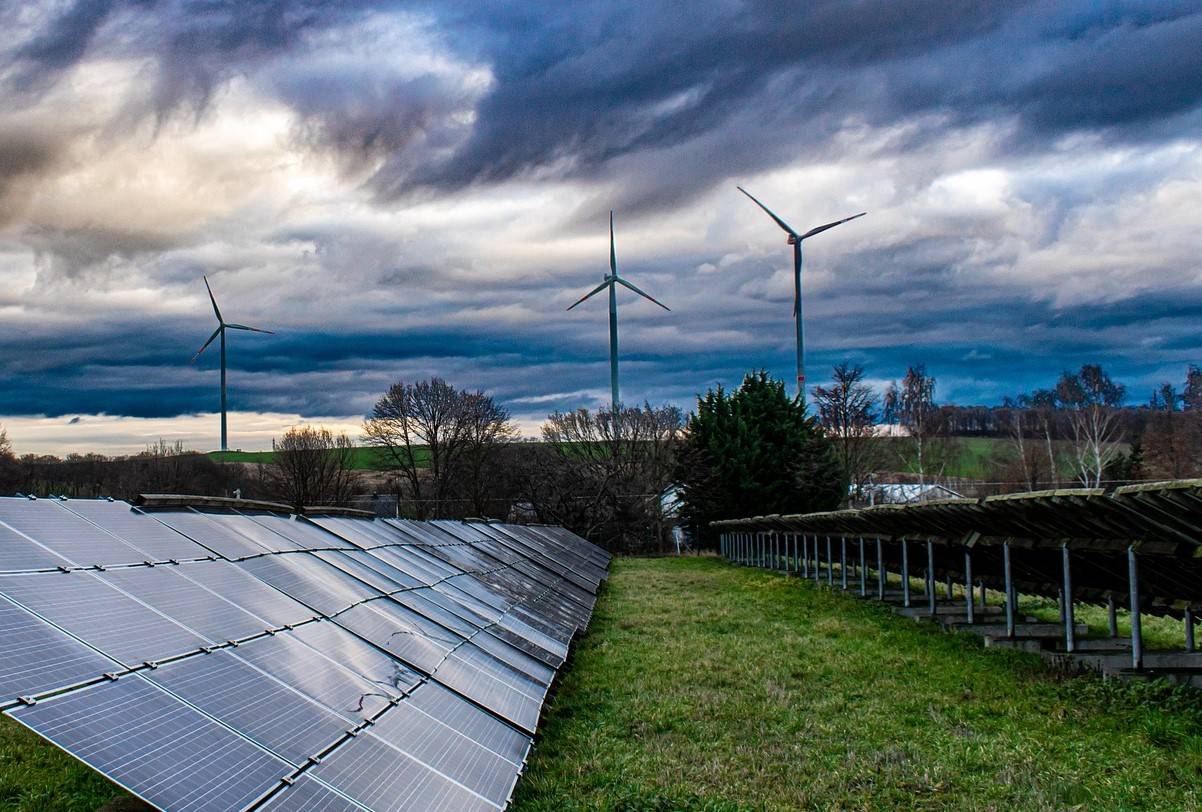
The Indian government has called upon all states and union territories (UTs) to develop comprehensive plans for renewable energy(RE) in order to meet the ambitious target of 500 gigawatts (GW) of RE capacity by 2030. This move not only emphasizes India's commitment to combating climate change but also addresses the escalating demand for power from both domestic and industrial consumers.
The directive arrives as the government sets a yearly target of bidding out 50 GW of RE projects, commencing from the current fiscal year. The successful implementation of these projects is contingent upon land acquisition, primarily owned or controlled by the respective states.
Bhupinder Singh Bhalla, the Secretary of the Ministry of New and Renewable Energy (MNRE), explained media sources that achieving the target of 485 GW of renewable energy (excluding nuclear power) by 2030 would pose a significant challenge in terms of land. He further stated that coordinated efforts by the states, union territories, and the central government would be necessary to overcome this challenge.
Each state has been instructed to prepare and submit its individual plan to the Centre. Once scrutinized and approved by the central government, the plans will be made accessible to the public to provide developers with guidance on available land parcels. State action plans, also known as RE plans, will encompass various strategies and incentives designed to attract developers and original equipment manufacturers (OEMs) to invest in specific regions. These plans will be instrumental in achieving the renewable energy objectives.
Currently, approximately 128 GW of RE projects are either under construction or have been bid out. India's total installed RE capacity stands at 172 GW, excluding 7 GW of nuclear power. According to the National Institution for Transforming India (NITI Aayog), seven states- Andhra Pradesh, Gujarat, Karnataka, Madhya Pradesh, Maharashtra, Rajasthan, and Telangana- possess abundant resources for RE capacity addition. On the other hand, Assam and Punjab have been identified as resource-deficient states.
A senior MNRE official, speaking on the condition of anonymity, disclosed that the state RE plans would consequently be tailored solutions for increasing capacity. If a state faces limited land availability, it may prioritize rooftop solar or floating solar projects. Conversely, states like Rajasthan, which possesses vast land parcels, will need to moderate their plans to ensure that RE capacities are not concentrated in only a few regions. Nevertheless, some level of disparity among states may be inevitable, the official acknowledged.
India's operational solar power capacity currently stands at 67 GW, with an additional 96 GW in various stages of implementation or bidding. The government aims to increase the installed solar capacity to 292 GW by 2030. In the wind energy sector, 43 GW is operational, and an additional 14 GW is in the pipeline. The government's target is to reach 100 GW of wind energy capacity by 2030.
It is important to note that the target of 100 GW for wind energy by 2030 exclusively includes land-based projects and excludes offshore wind projects. The exclusion is due to the ongoing development of off-shore wind policies and tenders. Even after the bidding process, these projects would require seven to eight years, or possibly more, before they can be commissioned, as stated by the official.









